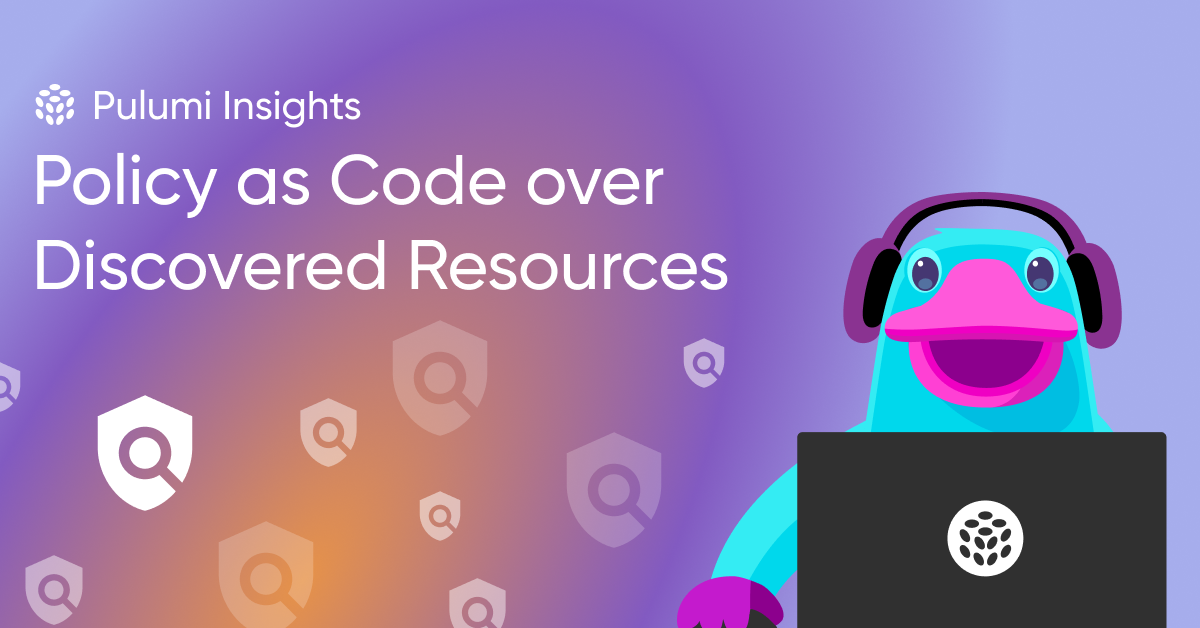Provisioning: From Chaos to Control

Provisioning is the first pillar of platform engineering. Without consistent infrastructure provisioning – the automated creation and management of the underlying cloud resources – the rest of the platform suffers. Self-service, governance, and streamlined developer workflows all depend on it. Ultimately, a self-service layer on top of your cloud infrastructure is the goal, enabling developers to quickly and safely provision the resources they need, while adhering to organizational best practices and policies. But before self-service, the foundation of a good IDP is a robust and reliable provisioning system.
By defining cloud resources as code and automating deployments, platform engineering teams ensure every environment – development, staging, and production – stays consistent and maintainable. This cuts down on configuration drift, reduces manual work, and supports auditable, collaborative workflows for every change.
Let’s explore how platform engineering teams can achieve this by version-controlling infrastructure, automating deployments, separating environments properly, and limiting console interventions. By applying these principles, teams can create a platform where developers can move fast without breaking things, and where infrastructure supports innovation rather than slowing it down.

















